James Akre
Breastfeeding is our native language and happens in cultures where people talk in the vernacular.
Linguists identify more than 7000 distinct languages worldwide; nevertheless the principles governing these different systems of communication remain remarkably similar to one another. So it is with breastfeeding, regardless of geography and culture, literally and figuratively it is our common mother tongue, the universal primal means of reciprocal mother-child communication.

Moreover, breast milk is the only truly universal food while breastfeeding is an act of allegiance to our children, to ourselves, and to each other. Indeed, breastfeeding is the ultimate nurturing and nutritional link—horizontally with the rest of our human family, and vertically with all who have come before us and all who will come after us.
Embracing our shared nurturing and nutritional heritage is consistent with our status as mammals living in harmony with the basic laws governing life itself. Where mammals in general are concerned—ours is one of about 5400 species—this path has been evolving for some 260 million years. We thus need to examine carefully the naturally doubtful view that somehow we can diverge, with no unpleasant consequences, from our pre-established path.
Restoring the primacy of breastfeeding requires stimulating sound judgment and finding new ways of informing mothers and fathers, children, extended families, health professionals, employers, trade unionists, governmental and political authorities, and other members of society. Making breastfeeding totally ordinary once more—which is how I define our shared goal—often implies a significant collective shift in awareness, attitude and action.
What I am saying can also be described this way. I have concluded that it is not women who breastfeed after all; rather, it is entire cultures and societies that breastfeed—or variously do not. In other words, cultures and societies as a whole are responsible for producing and sustaining the complex mix of variables that results in more or less breastfeeding by the mothers and children in their midst.
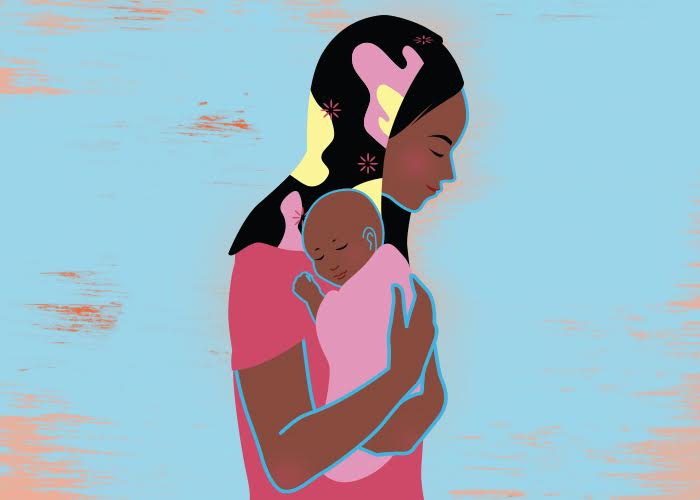
I base this observation on a single universal constant across space and time. With only the rarest exceptions, all mothers love their children and consequently want the best for them. Where feeding behavior is concerned, ‘best’ is invariably a culturally determined value; we respond the way we have learned to respond.
This is why, if we want to improve breastfeeding practice, we need to modify the environment where it takes place, which is neither quick nor easy. To this end, it is important to understand how culture influences the biological norm for feeding our children, and to always view our shared food (breast milk) and feeding system (breastfeeding) not in abstract isolation but in their specific sociocultural context.
The best place to be? Where all people, because they are genuinely informed, caring and supportive, not only anticipate that mothers and children will breastfeed; since they are conversant in our common mother tongue, together they also make it possible for them to do just that.

James Akre’s international public health and development career spans five decades, including more than 30 years with agencies of the United Nations system (International Labour Office, United Nations Children’s Fund, and the World Health Organization). He is a member of the editorial board and reviewer for the International Breastfeeding Journal, and he is also a reviewer for Pediatrics and Maternal & Child Nutrition. He is a member of the Scientific Advisory Committee of LLL France and a past member (2004–2010) of the Board of Directors of the International Board of Lactation Consultant Examiners (IBLCE).
J ames will be talking in May 2018 at the conference of the Québécoise des Consultantes en Lactation Diplomées de l’IBLCE.
ames will be talking in May 2018 at the conference of the Québécoise des Consultantes en Lactation Diplomées de l’IBLCE.
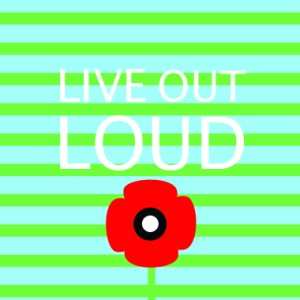



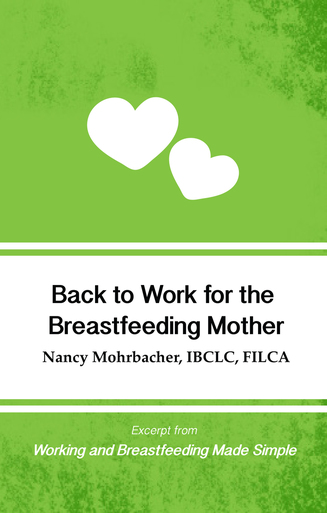
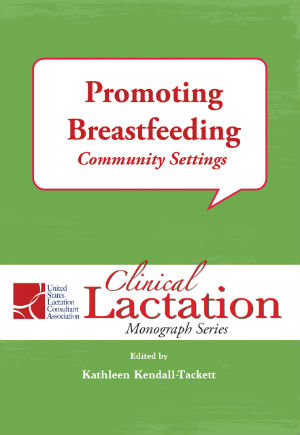
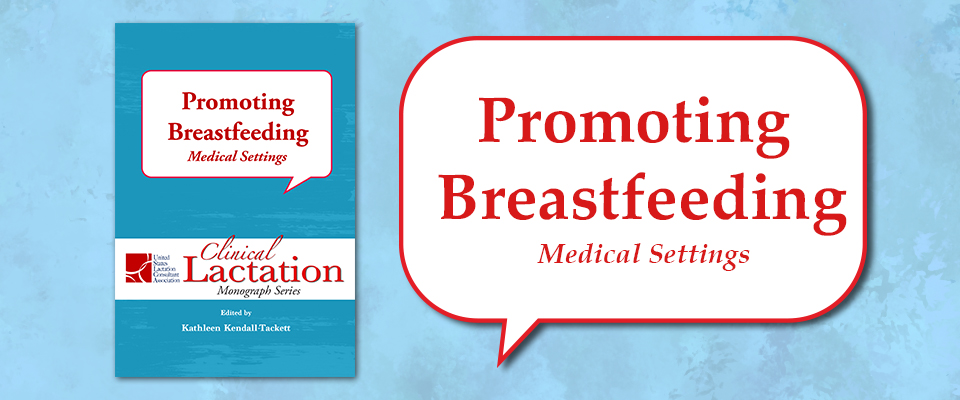


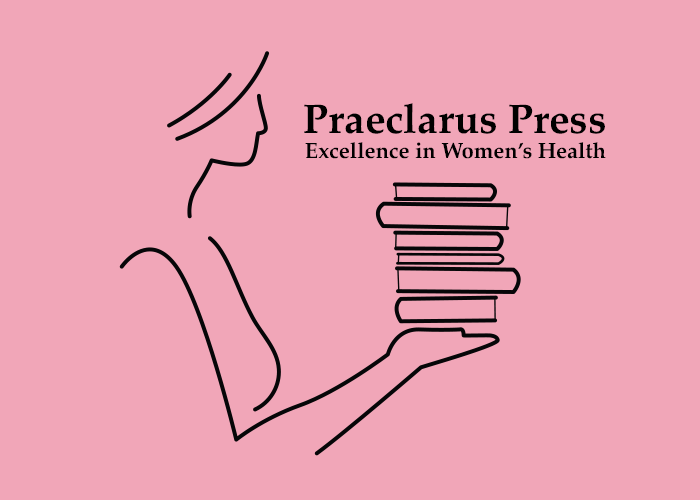



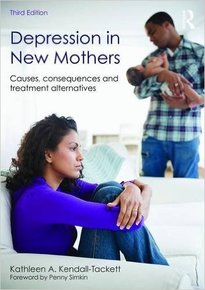


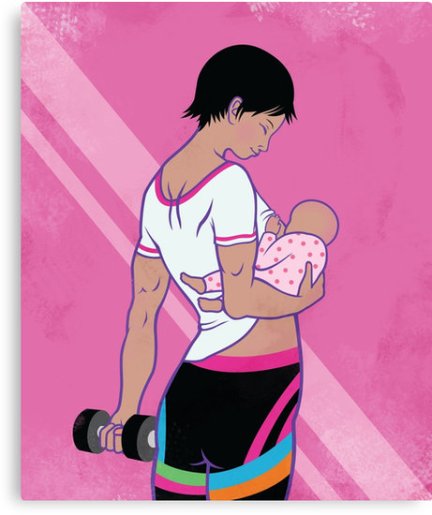






January 10, 2018 at 10:36 am
Brilliant. Remember to remember who we are.
LikeLike
March 1, 2018 at 9:01 pm
Hello all,
Love this article about James Akre. Any ideas if he would be coming to the states(California) and any info about having him speak maybe at a LLL Conference? Just an idea and thought I would ask you all first.
Just thinking out of the box. What do you think about a Conf presentation on the exciting resources available to Breastfeeding supporters. You could give short(blog like) presentations such as you have in the blog. I would love such a session. Give me your ideas. I am not asking on behalf of the Conference Staff…just getting an idea of what to suggest.
Thanks for your terrific publication.
Karima Khatib
LikeLike